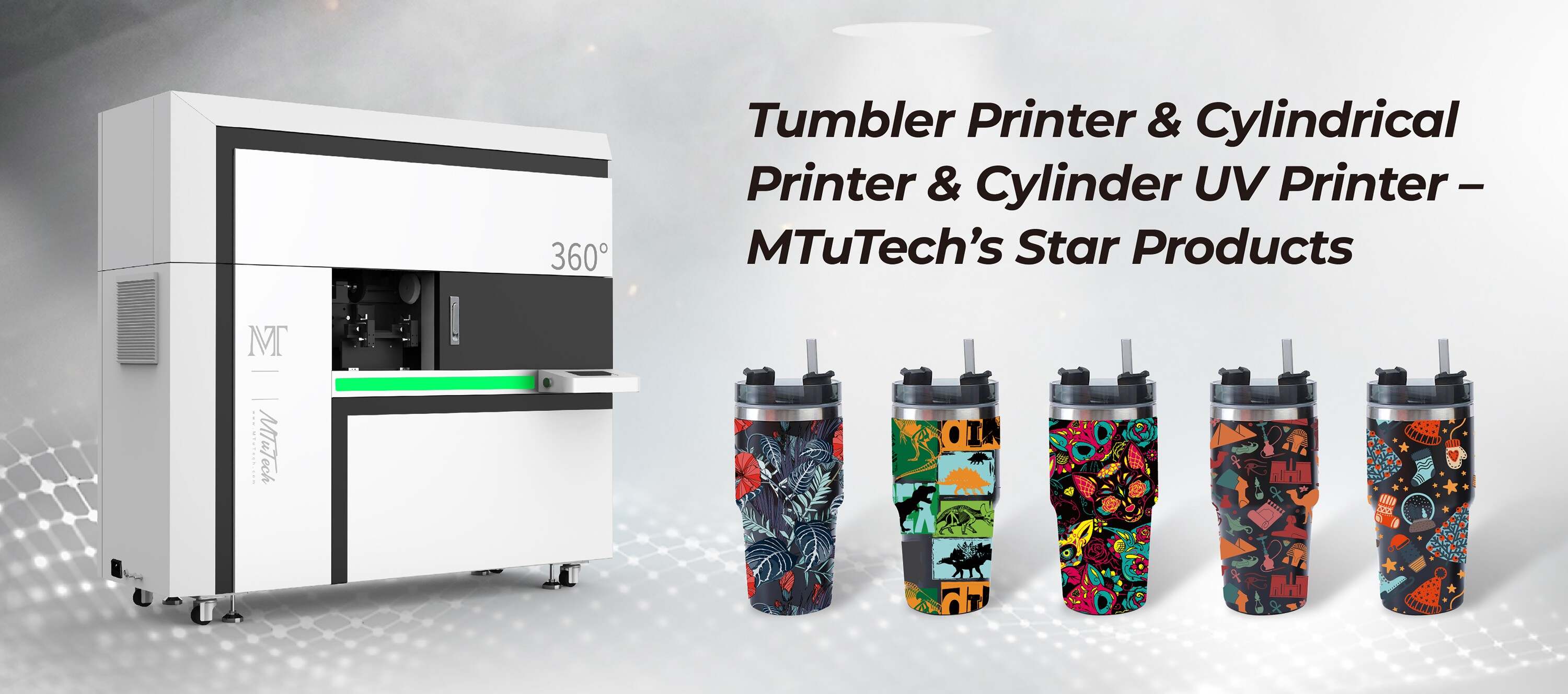ROI Calculation for Cylindrical Printing Businesses
Introduction
Cylindrical printing has emerged as a popular solution for businesses looking to personalize and optimize their product offerings. From custom beverage cans to unique promotional items, the demand for cylindrical printing is increasing at a rapid pace. However, understanding how to measure the success of these operations is equally important, with Return on Investment (ROI) being a crucial metric to consider. In this blog post, we will delve into the essentials of ROI calculation for cylindrical printing businesses, its relevance, and how to make informed decisions to maximize profitability.
Understanding ROI in Cylindrical Printing
What is ROI?
ROI, or Return on Investment, is a performance measure used to evaluate the efficiency of an investment or compare the efficiencies of several different investments. It is calculated by dividing the net profit of an investment by the costs associated with that investment. For cylindrical printing, ROI helps business owners understand whether their capital and operational expenditures yield beneficial returns.
Importance of Measuring ROI
Calculating ROI is critical for cylindrical printing businesses for several reasons:
·
Informed Decision-Making: Accurate ROI calculations help business owners make informed decisions regarding investments in equipment, materials, and marketing strategies.
·
·
Resource Allocation: Understanding where and how money is being made helps identify areas that need more resources or improvement.
·
·
Performance Tracking: Regularly assessing ROI allows businesses to track performance over time and adjust strategies accordingly.
·
·
Attracting Investors: Demonstrating a solid ROI can be appealing to potential investors or stakeholders looking to collaborate.
·
Key Components of ROI Calculation
1. Revenue Generation
The first step in calculating ROI for cylindrical printing businesses is identifying the revenue generated from the printing operation. This includes:
·
Sales from printed products
·
·
Custom orders and repeat business
·
·
Any additional services offered, such as design consultations
·
2. Costs Involved
Understanding the costs associated with cylindrical printing is equally important. These costs can be classified into two categories:
·
Direct Costs: These are costs that can be attributed directly to the production process, such as:
·
o
Materials (inks, substrates, etc.)
o
o
Labor costs associated with production
o
o
Machine maintenance and operation expenses
o
·
Indirect Costs: These are the overhead costs that cannot be directly linked to a single product but are essential for business operations, such as:
·
o
Rent and utilities
o
o
Administrative expenses
o
o
Marketing and advertising costs
o
3. Calculating ROI
Once you have gathered your revenue and cost data, the formula for calculating ROI is:
ROI = (Net Profit / Total Investment) x 100
Where:
·
Net Profit: Total revenue - Total costs
·
·
Total Investment: Total costs associated with the cylindrical printing operation
·
Real-World Example of ROI Calculation
Let’s consider a hypothetical cylindrical printing business:
·
Total Revenue in a month: $50,000
·
·
Direct Costs: $20,000
·
·
Indirect Costs: $10,000
·
To find the net profit:
Net Profit = $50,000 - ($20,000 + $10,000) = $20,000
Now, we can calculate the ROI:
Total Investment = Direct Costs + Indirect Costs = $20,000 + $10,000 = $30,000ROI = ($20,000 / $30,000) x 100 = 66.67%
This means that for every dollar invested in the cylindrical printing business, there’s a return of approximately $0.67.
Ways to Improve ROI in Cylindrical Printing
Once you have calculated your ROI and assessed your current operations, consider implementing the following strategies to enhance your ROI:
1. Optimize Production Efficiency
Streamlining your production process can lead to cost savings and increased revenue. Consider investing in high-quality machinery that can produce more units in less time without compromising quality.
2. Diversify Product Offerings
Expanding your product range can attract more customers. Explore options like personalized gifts, promotional products, or limited-time prints to entice various market segments.
3. Enhance Marketing Strategies
Effective marketing can significantly boost sales. Whether through social media, email marketing, or partnerships with local businesses, increasing your brand visibility can lead to higher revenues.
4. Invest in Customer Relationships
Dedicating resources to build strong customer relationships can encourage repeat business and referrals, ultimately improving profitability.
5. Regularly Review Financials
Conducting regular reviews of financial performance can help identify underperforming areas, allowing you to pivot strategies quickly.
Conclusion
Understanding ROI is paramount for cylindrical printing businesses aiming to thrive in a competitive market. It enables owners to make informed decisions, allocate resources efficiently, and gauge performance accurately. Regularly calculating and analyzing your ROI can point the way to profitable strategies, so you can maintain a competitive edge and maximize profit. By investing in production efficiencies, diversifying your offerings, and focusing on customer relationships, you can elevate your business to new heights. To learn more about optimizing your cylindrical printing operations, explore our high-quality cylindrical printers here.
FAQ
What is a good ROI percentage for cylindrical printing businesses?
A good ROI percentage varies by industry, but generally, an ROI of 20% or higher is considered favorable. It indicates that your business is generating ample returns relative to its costs.
How often should I calculate my ROI?
It is advisable to calculate your ROI regularly—monthly or quarterly—so that you can monitor performance trends and make timely business decisions.
Can I improve my ROI without increasing sales?
Yes, improving ROI can also stem from reducing costs and optimizing operational efficiencies. Streamlining processes and negotiating better rates with suppliers are effective methods for increasing ROI without necessarily boosting sales.

